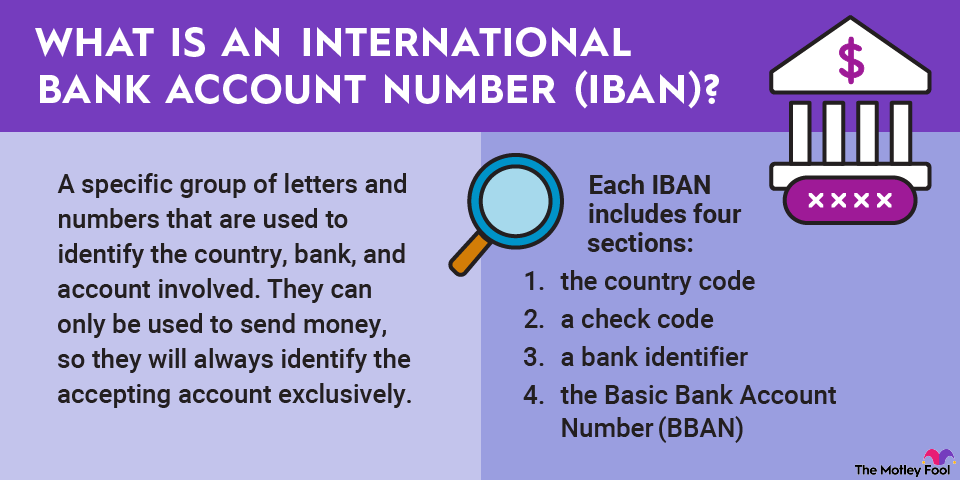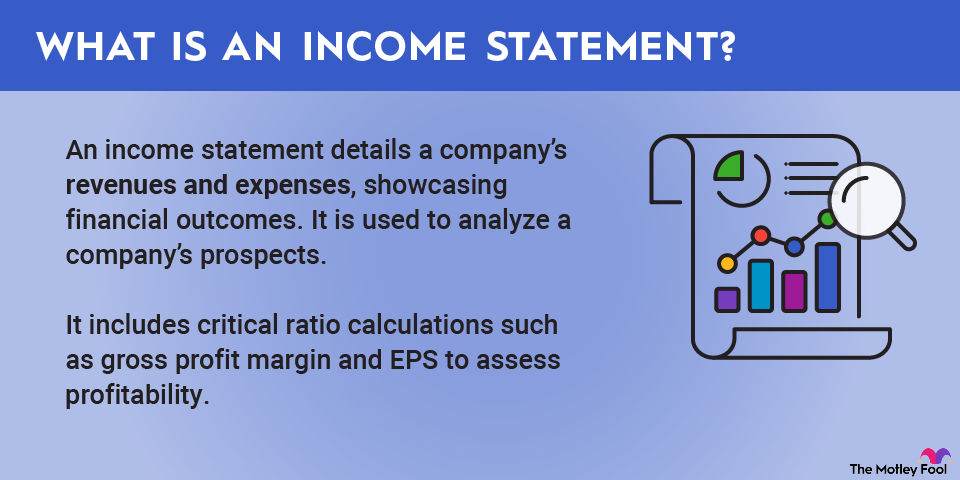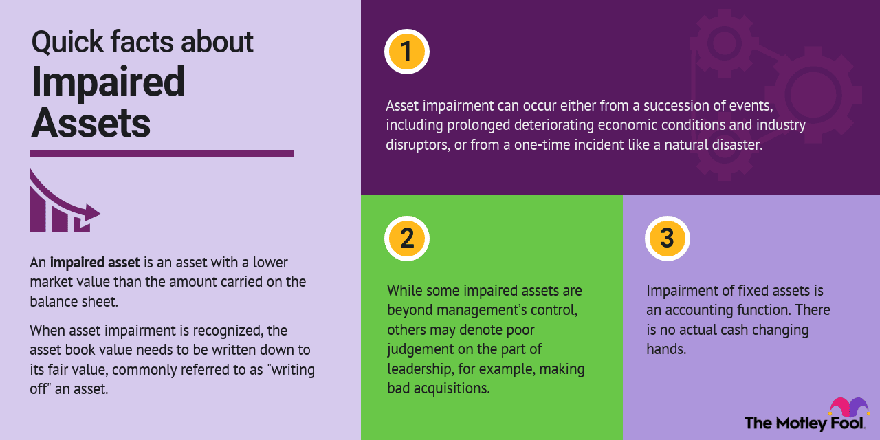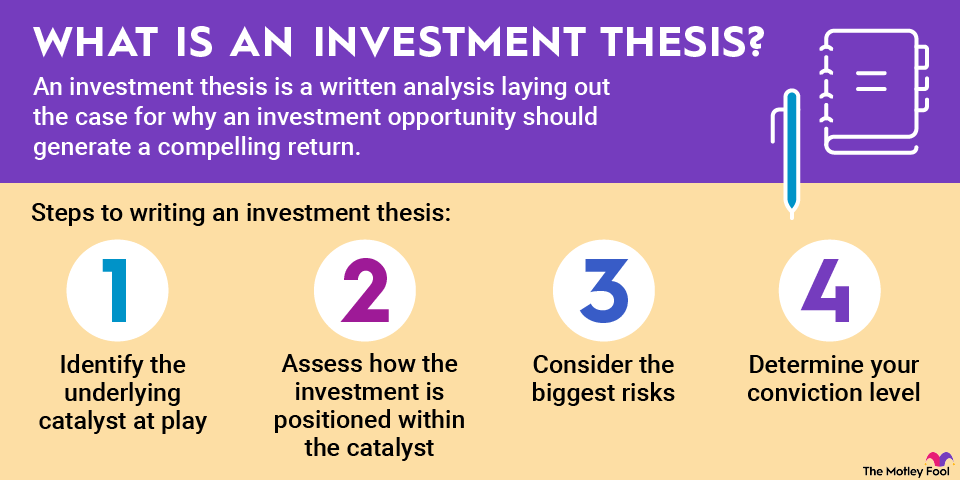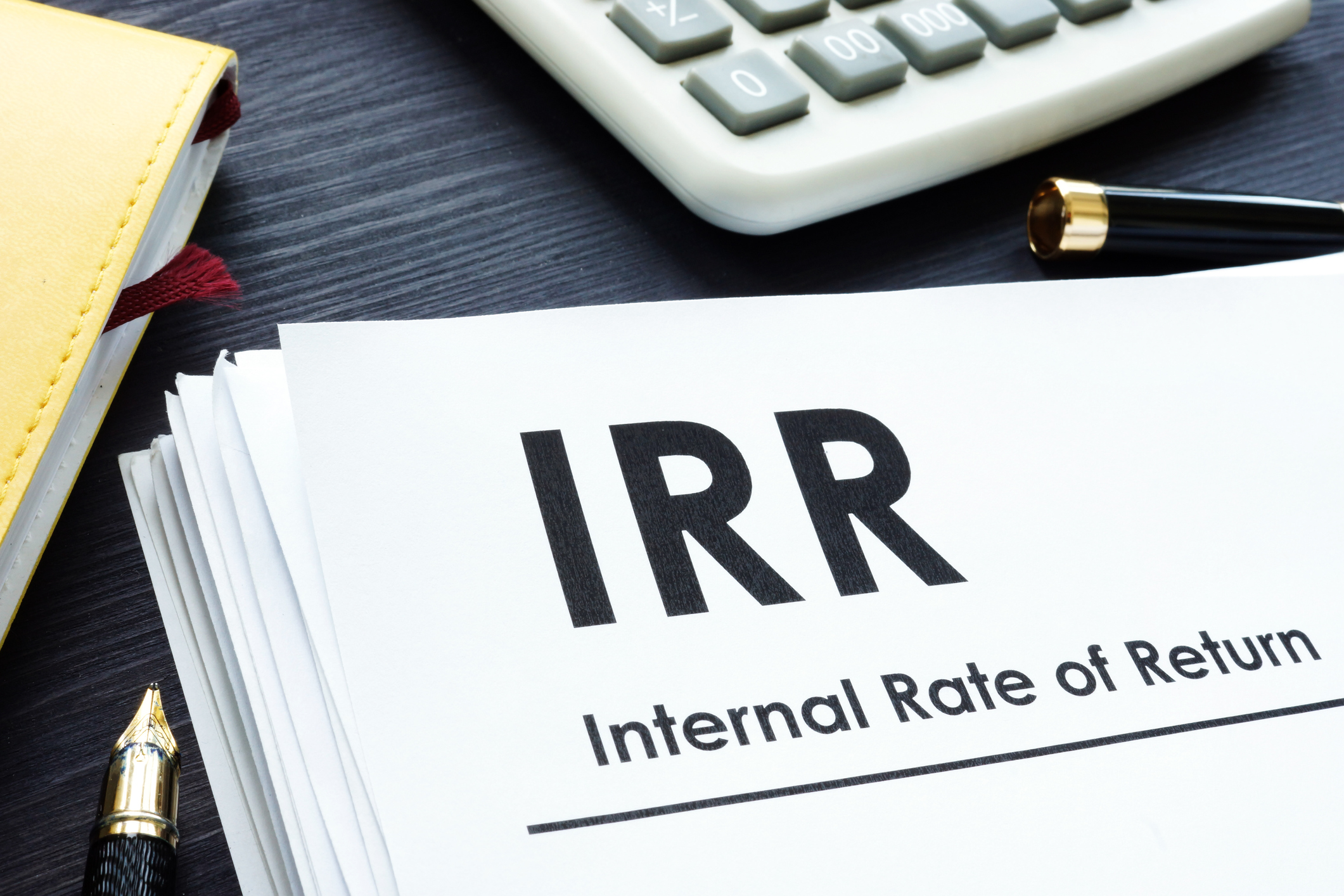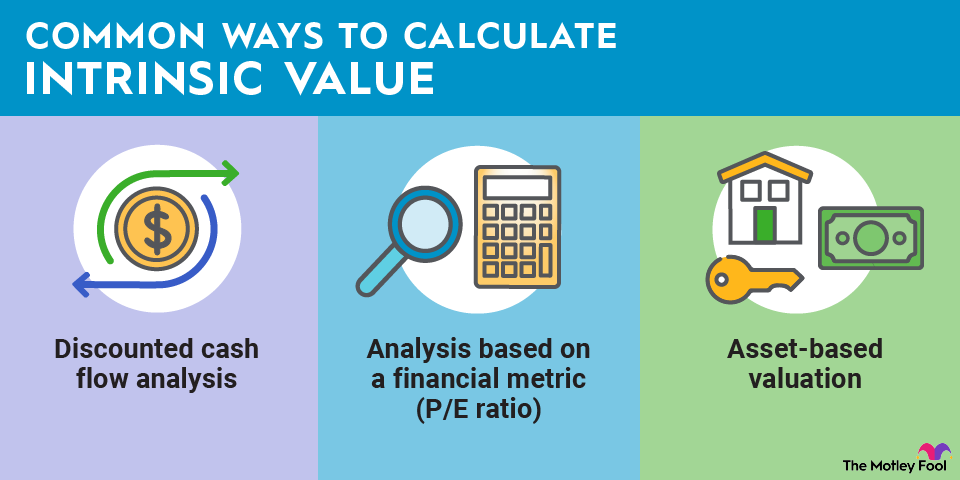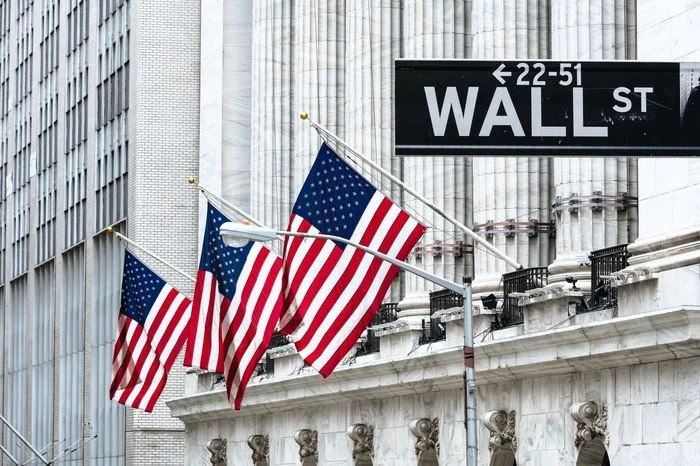An initial coin offering (ICO) is an event where a company sells a new cryptocurrency to raise money. Investors receive cryptocurrency in exchange for their financial contributions.
In many ways, an ICO is the cryptocurrency version of an initial public offering (IPO) in the stock market. While it's possible to make sizable profits through ICOs, a lack of regulation makes them extremely risky. In this guide, you'll learn all about ICOs, including how they work and some notable examples.

How do initial coin offerings (ICOs) work?
When a company decides to have an ICO, it announces the date, rules, and buying process in advance. On the date of the ICO, investors can buy the new cryptocurrency.
Most ICOs require investors to pay using another cryptocurrency, with Bitcoin (BTC +1.98%) and Ethereum (ETH +1.44%) being two common choices. There are also ICOs that accept fiat money.
The purchase process typically involves sending money to a specified crypto wallet address. Investors provide their own recipient address to receive the crypto they buy.
The number of tokens sold during an ICO and the token price can be either fixed or variable. Here are examples of the ways this can work:
- Fixed number of tokens and price: The company sets both of these ahead of time, such as offering one million tokens at a price of $1 per token.
- Fixed number of tokens and a variable price: The company sells a fixed number of tokens and prices them based on the amount of funds it receives. More funding results in a higher token price. If it's selling one million tokens and raises $2 million, each token would have a price of $2.
- Variable number of tokens and a fixed price: The company sets a fixed price but doesn't limit the number of tokens it will sell. An example would be if a company sells tokens at $0.50 apiece until the ICO ends.
Anyone can launch an ICO. Because of the low barrier to entry, many new types of cryptocurrency are launched through this process.
How to start your own ICO
At the most basic level, starting your own ICO is a matter of creating a cryptocurrency token, setting a date, and making rules for the token sale.
To successfully raise funds, there's much more that goes into the ICO process. The most important part is having a cryptocurrency project that people are interested in supporting. You also need to determine how the cryptocurrency you launch will fit into the project. And, during the ICO process, you'll need all of the following:
- A whitepaper outlining your project
- A roadmap with short- and long-term goals
- Market research on other ICOs
- A website
- Social media presence
- A marketing campaign
With all that goes into an ICO, it takes a dedicated team to be successful. You can create a team yourself or work with an ICO company that specializes in these offerings.
ICO vs. IPO
ICOs are often compared to initial public offerings (IPOs), a new stock offering by a private company. Both ICOs and IPOs allow companies to raise funds.
The primary difference between ICOs and IPOs is that IPOs involve selling securities and are subject to much stricter regulations. A company that wants to conduct an IPO must file a registration statement with the U.S. Securities and Exchange Commission and get its approval. The registration statement should include a prospectus that provides financial statements and potential risk factors.
An ICO is the sale of a cryptocurrency, not a security. For that reason, it doesn't have any formal requirements like IPOs do. But if a company tries to get around requirements by conducting an ICO for something that fits the definition of a security, it could run into legal troubles.
Although both ICOs and IPOs have their risks, IPOs are safer because they're regulated. If you're overwhelmed by all the ICOs out there, the best IPO stocks are worth a look as an alternative.
How are ICOs regulated?
ICOs are largely unregulated. In the United States, there aren't any regulations that apply specifically to ICOs. However, if an ICO fits the classification of a securities offering, then it falls under the SEC's jurisdiction and is regulated by federal securities laws.
Some countries have taken a strict stance and banned ICOs entirely. Countries that have banned ICOs include China, Nepal, Bangladesh, Macedonia, Bolivia, and Ecuador.


